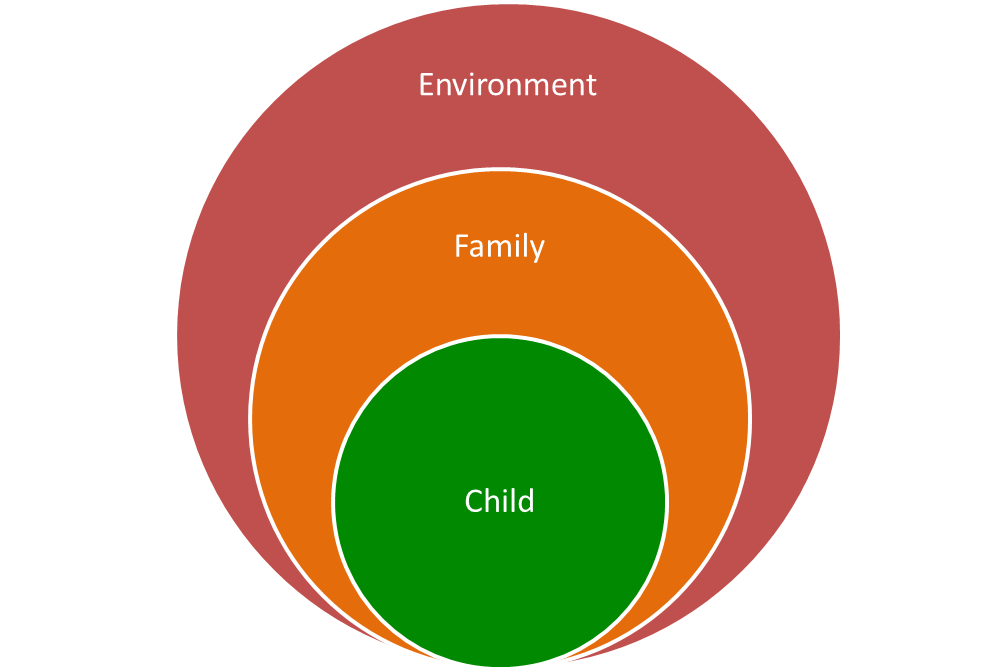Traditionally, the father went out into the world and brought back the sustenance from the outside world that the family require-food, shelter, warmth. In ancient times, still visible in more primitive places, he deals with the threats from the external world and interrupts the mother-child duo with, ‘I too belong with you’. this would the classical view, as proposed by psychodynamic literature from the past.
From the beginning of time, mother has played this part too. Fathers have gone to battle and mothers have gone into the wild for foraging and guarding the home and vice versa, mothers have left it to the fathers to do the mothering. This shows us that the gender of a person does not necessarily align with maternal and paternal, masculine and feminine, from the beginning of civilisation.
In psychodynamic thinking, fathers are symbolically associated with rules and regulations – the boundaries that keep a child safe not only from the external world but the internal one. This may take away from empathy and the more maternal aspect of nurturing so that the role of a father-whether a woman or man does it- may be seen as hard, someone who comes in the way of freedom to do as we please.
Mothers clearly do this job many times. More often than not, one finds the mother laying down the law for her child-on playgrounds, social life and in school. This type of rule making for the child gives him/her the inner strength to make something of himself/herself.
Society creates an umbrella for the parent and child. Schools, doctors, shops, environments of toddlers’ groups, support groups etc. make up the circle around the mother/father/child/family. These circles provide the environment within which we find a nest to settle into and feel safe.

